Jerusalem, Jan 20, (V7N) — In a significant development aimed at easing tensions and negotiating hostages’ freedom, Israel has released 90 Palestinian prisoners in exchange for three Israeli hostages. This exchange is part of a deal that highlights ongoing negotiations between Israel and Palestinian factions.
The hostages, who had been detained by Palestinian militant groups during recent conflicts, were returned to Israel after being held in the Gaza Strip and the West Bank. The Israeli government has confirmed the release of the hostages, all of whom were said to be in good health upon their return.
In exchange, Israel has released 90 Palestinians who had been detained under various charges, including involvement in militant activities. These prisoners, many of whom were facing lengthy sentences, were given freedom as part of the prisoner swap agreement brokered by mediators from both sides.
This move comes amidst ongoing discussions aimed at de-escalating the current violence and fostering dialogue between the two sides. While the swap is seen as a step toward peace, it has drawn mixed reactions. Some view the exchange as a positive move toward improving relations and securing the release of hostages. However, critics argue that it could embolden militant factions and lead to further confrontations.
Israel’s government emphasized that the release of prisoners was a part of broader efforts to address hostage situations and promote dialogue, despite the challenges posed by the conflict. Palestinian officials, for their part, have welcomed the exchange as a sign of progress, with some calling for further talks to resolve other humanitarian concerns.
Both Israeli and Palestinian leaders have yet to confirm whether this swap will lead to further negotiations or peace-building efforts in the region. The hostages’ families have expressed immense relief at their return, while the prisoners released have been greeted with a hero’s welcome in Palestinian territories.
As the region continues to grapple with the complexities of the Israeli-Palestinian conflict, this exchange serves as both a humanitarian breakthrough and a reminder of the long-standing tensions that remain unresolved.
END/WD/SMA/



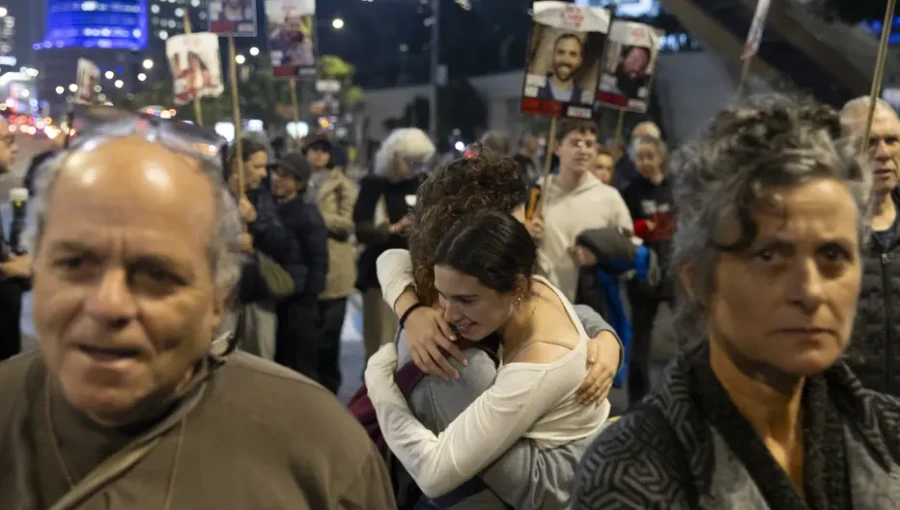
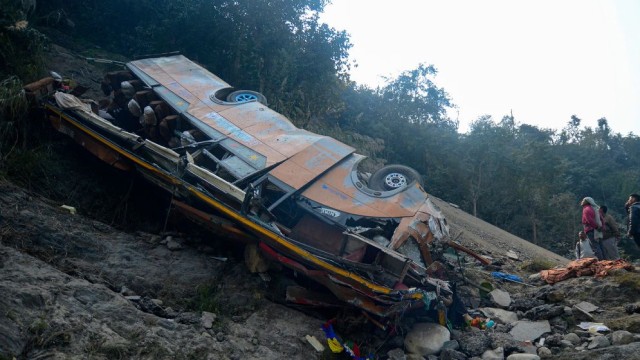
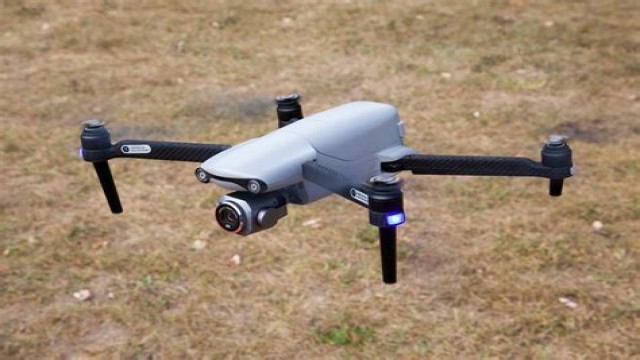


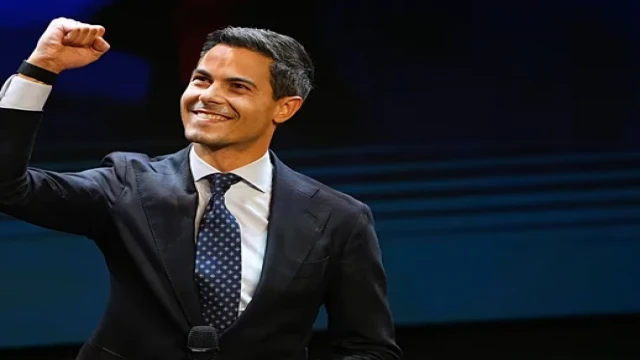







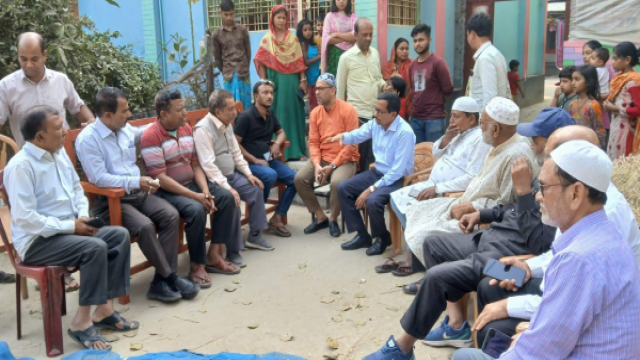
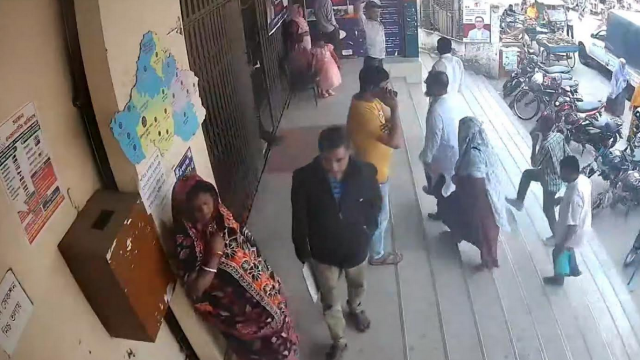
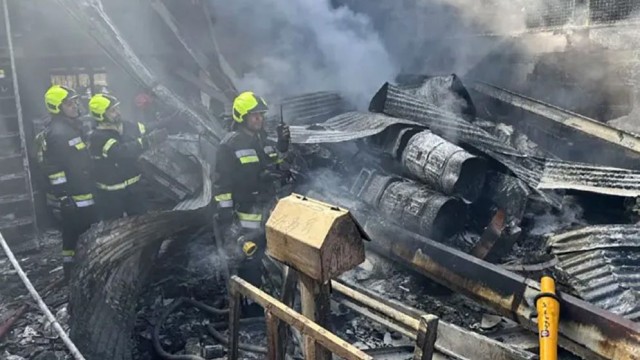








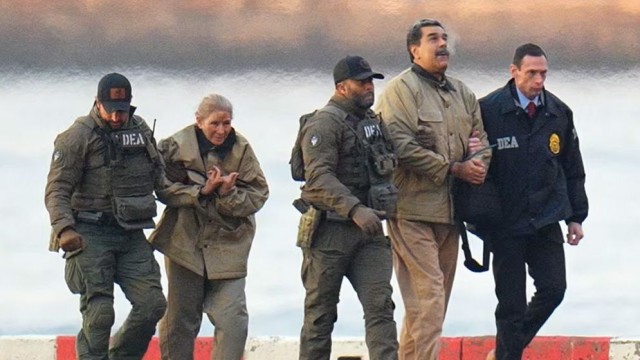



Comment: